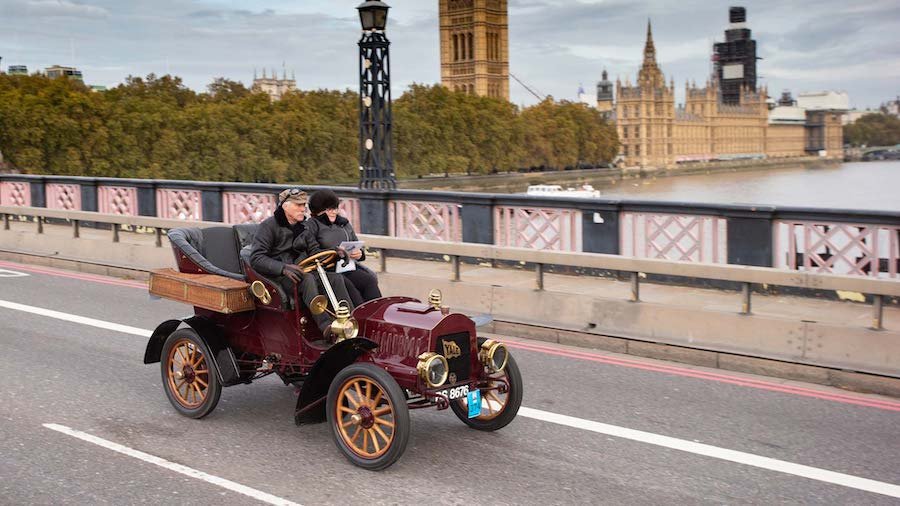General Election 2024: manifesto plans for motoring compared

With a general election approaching, we delved into the manifestos of the major parties to see how their policies could affect motoring, and in turn historic vehicles. Specific detail affecting older cars is light, but there are various points that could affect the way we use classics and modern classics.
The Conservative Party plans to invest £8.3 billion to fill potholes and resurface roads. The party also plans to maintain its pledge to build no new smart motorways but improve existing ones’ safety. What’s more, it wants to stop road pricing and ban local councils from introducing pay-per-mile schemes, and particularly notable for modern classics is the promise to reverse the expansion of the Ultra Low Emission Zone ULEZ) in London. Furthermore, the party wants to rule out blanket Low Traffic Neighbourhoods and 20mph zones unless locally supported.
Much of the Labour Party’s manifesto focuses on public transport, reforming bus systems and bringing Britain’s railways into public ownership. However, in motoring terms it wants to fix an additional one million potholes across England each year of the next parliament. It also wants to support the transition to electric vehicles by accelerating the rollout of charge points and restoring the phase-out date of 2030 for new cars with internal combustion engines.
The Liberal Democrats also want to speed up the translation to EVs by rapidly rolling out far more charging points, including residential on-street points and ultra-fast chargers at service stations. It also wants to support new charging points with an upgraded National Grid and a step-change in local grid capacity, cut VAT on public charging to 5 per cent, require all charging points to be accessible with a bank card and reintroduce the plug-in car grant.
The Green Party, meanwhile, stands out for an aggressive approach that appears very much at odds with using older vehicles. It wants to reallocate funds earmarked for road building to improve public transport, support electrification, and invest in new cycleways and footpaths. It wants to shift the transport system away from cars and roads, restore the fuel-duty escalator, and introduce controversial road-pricing. This involves replacing all petrol and diesel vehicles with electric vehicles (EVs) within a decade, with funding rising to £5 billion per year by the end of the parliament and rapid rollout of EV charging points. Particularly notable is that it wants to end sales of new petrol and diesel vehicles by 2027, and their use by 2035. It also wants to make road tax proportional to vehicle weight, and set 20mph as the default speed limit in built-up areas.
Reform UK is pledging to make big savings from government spending on net zero. Reform claims that “scrapping net zero and related subsidies” would save £30 billion per year. Within the first 100 days, it says it will “stop the war on drivers,” legislating to ban ULEZ Clean Air Zones and Low Traffic Neighbourhoods. Scrapping Net Zero will also mean no more bans on petrol and diesel cars and no legal requirements for manufacturers to sell electric cars. Also, 20mph zones will be scrapped unless in safety critical areas. Longer term, it wants to improve existing rail and road links, focusing on coastal regions, Wales, the North, and the Midlands.
The SNP released its manifesto on 19 June, with a focus on explaining what its Westminster MPs would call for from the next UK government. The party says that while it has delivered numerous improvements in the Scottish transport system using its devolved powers, it is “constrained by resources and powers controlled by Westminster”. Historic vehicles are not mentioned explicitly but the manifesto states that SNP MPs will call on the UK government to strengthen incentives for the purchase of “cleaner vehicles”, citing France as an example for a proposed ‘Low Income EV Car Leasing Fund’ to “enable 50,000 EV leases” per year. The manifesto also lays out commitments for improvements to major Scottish roads, including the A9, A96 and A75.
While all parties recognise the importance of improving transportation and mobility, their approaches appear to vary significantly when it comes to keeping old cars on tomorrow’s roads. The general election takes place on July 4.
Noticias relacionadas
